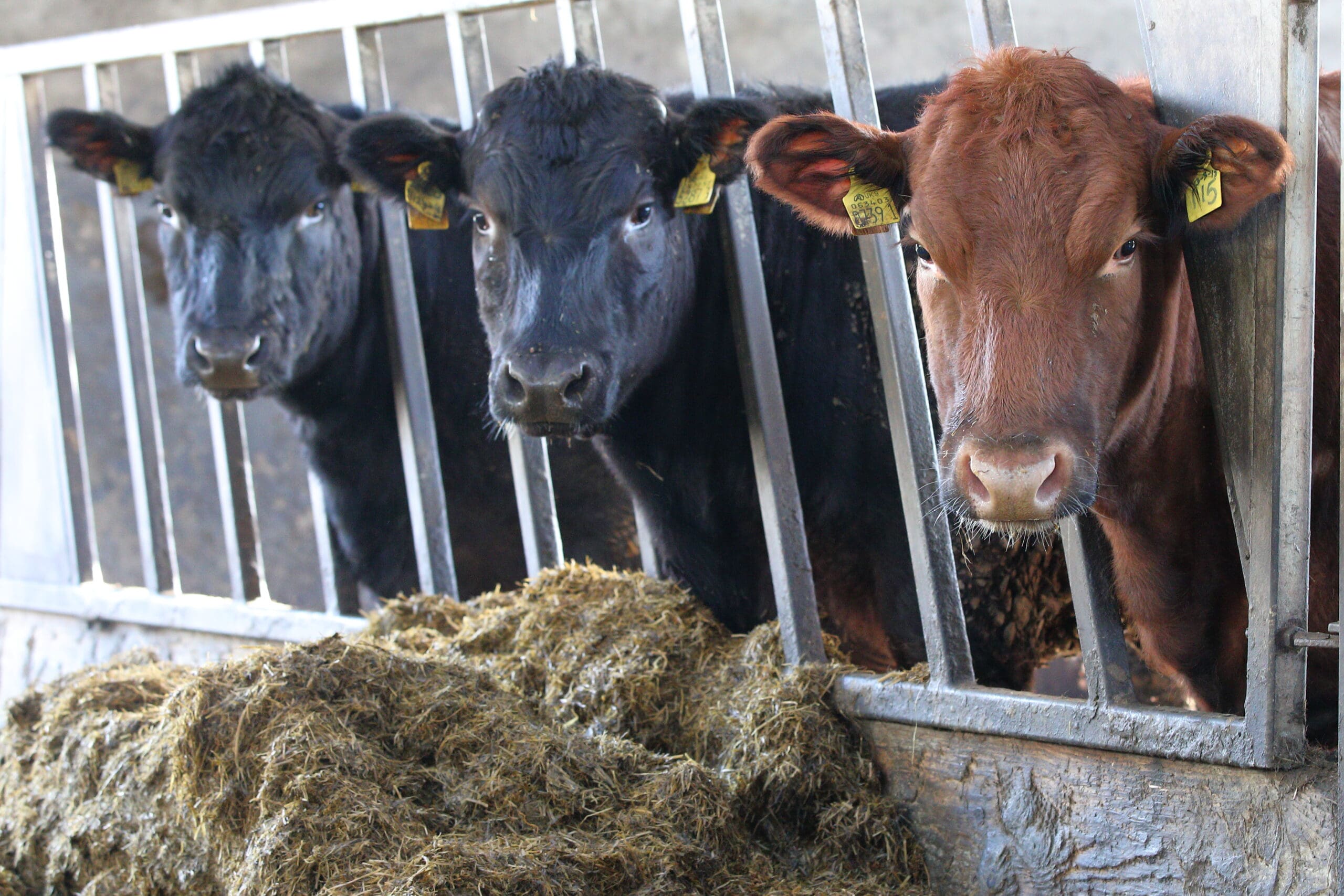
The Ulster Farmers’ Union has welcomed a report from the European Commission showing significant economic benefits from protecting ‘sensitive’ food products in trade negotiations. UFU deputy president, Ivor Ferguson, says this is a finding the UK needs to remember as it begins the process of seeking post-Brexit trade deals.
Article key points
- Report from EU Commission shows significant economic benefits from protecting ‘sensitive’ food products, like red meat, in trade negotiations.
- Potential to grow global markets for European food but trade deals can not ben pursued without taking account the impact for some products if trade barriers in place in Europe for a long time are reduced or eliminated.
- UK government should bear this in mind as it begins the process of seeking post-Brexit trade deals.
The Commission report underlines the potential to grow global markets for European food, but says that trade deals cannot be pursued without taking account of the impact for some products if trade barriers in place in Europe for a long time are reduced or eliminated. The report looked at a number of potential trade deals being negotiated at an EU level. The Commission has accepted that in negotiating new deals it will heed the advice of the report on the economic threat they could pose to key agricultural products.
“This argument reflects the strength of the European farming lobby in pushing this issue up the political agenda. In a Brexit situation we will no longer gain from that influence,” said Mr Ferguson. He said a big concern for UK farmers was that in its rush to secure new trade deals around the world, the government in London might see tariff free access for food and agricultural products as a tactic to secure a wider deal. “The Commission report makes clear that this is not an approach without consequences. The UK needs to remember that agriculture and food are not trade sideshows to be used as bargaining chips. They are key industries for the economy, and after Brexit the same arguments to protect sensitive products will apply in the UK as in the EU,” said the UFU deputy president.




